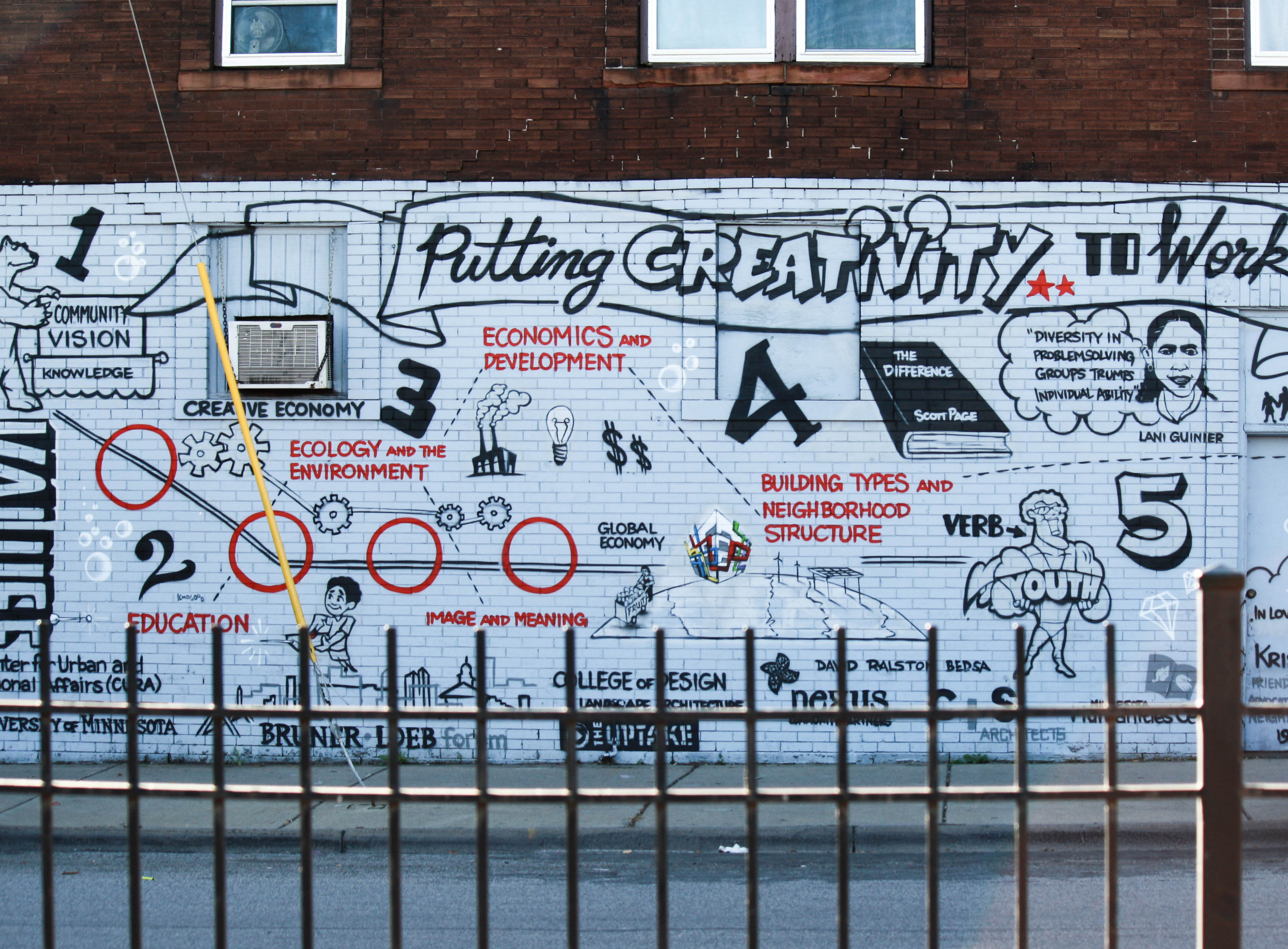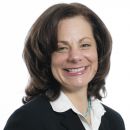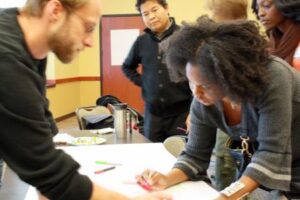We are at a critical moment in history.
Wealth disparities across the country are at an all-time high, and in Minnesota growing racial and economic inequalities threaten our economic vitality. The Twin Cities has the third highest employment gap between whites and people of color among the large metropolitan areas.1 In 2015, the overall poverty rate in Minnesota was 10.2%, but it was 16.4% for Asians, 20.8% for Latinos, 32.4% for blacks, and 25.1% for American Indians.2 According to a recent Corporation for Enterprise Development (CFED) report, it will take the average African American family 228 years to amass the same level of wealth as the average European American family.3

At the same time the trend in disparities threatens our economic vitality, the unprecedented wave of baby boomer retirements could further entrench the wealth gap. Nationally, approximately 50% of privately held businesses are owned by baby boomers, with 85% of owners having no succession plan.4 One-third of business owners over the age of 50 report having difficulty finding someone to purchase their business.5 This could result in the loss of millions of jobs, billions in tax revenue; leading to significant economic instability.
But the ‘silver tsunami’ doesn’t have to be an economic disaster. The trend could actually provide opportunities to mitigate wealth disparities and root ownership in communities of color. Across the country, the strategy of converting businesses to worker cooperatives is gaining traction as a means to redefine the traditional notion of ownership and build community wealth. In the worker cooperative business model, employees become the new owners; sharing the profits, accumulating wealth, and participating in decision making through a one worker, one vote structure. Worker cooperatives offer a way to promote local and broad-based ownership, provide dignified employment and eliminate racial and economic disparities.
In 2016, Nexus Community Partners and the Center for Urban and Regional Affairs (CURA) at the University of Minnesota began conducting a landscape analysis to assess the potential impact on our local economy and to identify potential opportunities for conversions to worker cooperatives. What follows are the results, a case for worker cooperatives and a set of recommendations for how the Twin Cities region can support the growth of the cooperative sector in communities of color.
Click here to continue reading the Impact Brief: Business Conversions to Worker Cooperatives.





